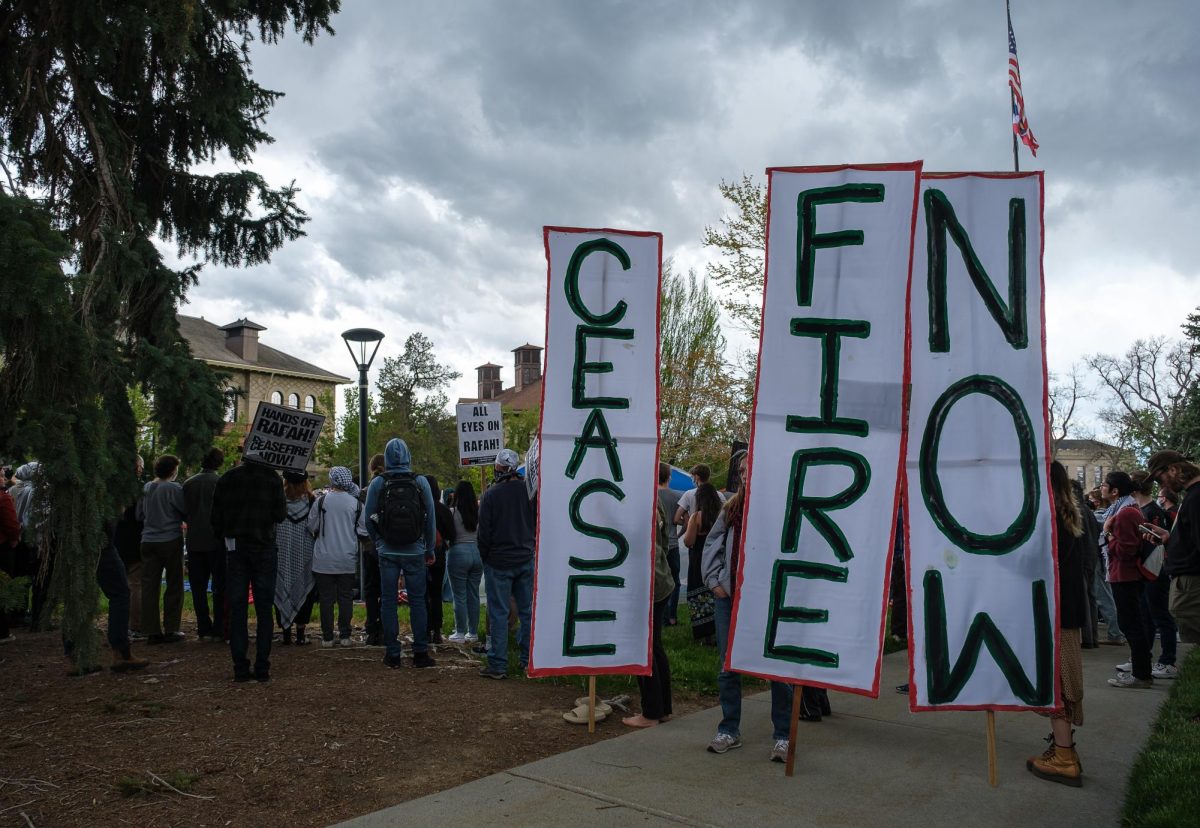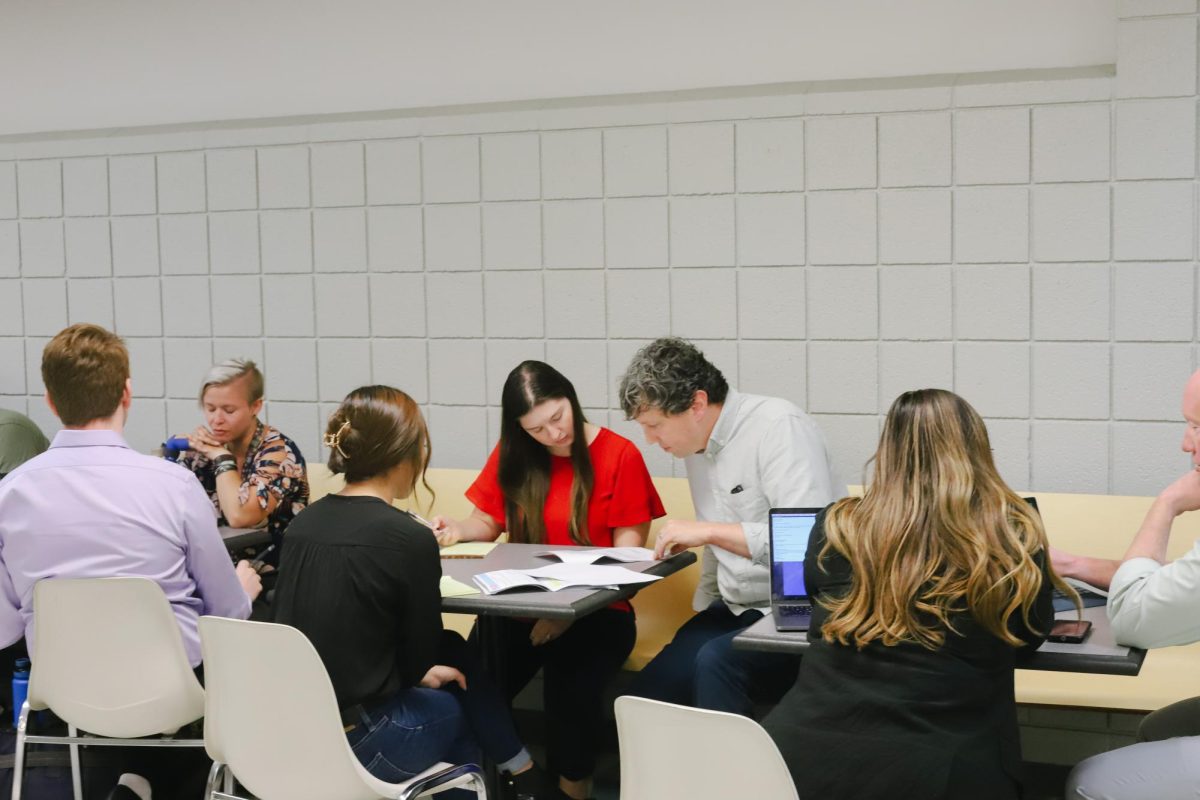The Sixth Amendment of the U.S. Constitution guarantees legal assistance to all Americans, regardless of their financial status. Utah, however, needs to do a better job following directions.
Utah remains one of two states that do not provide funding for legal counsel and services for its citizens, leaving local governments to figure out pay for public defenders in their budget-strapped communities. This leaves many Utahns helpless in accessing legal aid and services.
Utah must make legal services more accessible for low-income marginalized people for all their legal needs, and the Pro Bono Initiative by the S.J. Quinney College of Law at the University of Utah works toward this. The initiative provides accessible legal assistance to our most vulnerable and outcasted populations, bridging the gap created by the state.
Utah is Failing its People
The U.S. has established access to legal services regardless of financial abilities as a core belief. However, the country has struggled to make this possible. Public defenders find themselves burdened with heavy caseloads and insufficient resources, leaving them with ineffective legal services to offer our most vulnerable populations.
“There’s a huge access to justice problem in Utah,” said Caisa Royer, director of the Pro Bono Initiative.
The Sixth Amendment only guarantees free legal services to defendants, people charged with a crime. This leaves a large population — specifically, those who aren’t defendants in a criminal matter — without access to legal services and counsel. More than half of low-income households have faced legal issues but have been blocked from accessing the resources they need due to their inability to afford the services — nearly 70% of households in Utah cannot afford legal counsel because of high service costs.
Speaking of bringing awareness to the injustice and the initiative, “Exposing students to these issues allows them to apply their skills to help folks who cannot traditionally afford their services,” said Royer.
At various locations in the Salt Lake area, the Pro Bono Initiative offers legal assistance to a wide range of residents. The initiative provides critical avenues of counsel for cases falling under debtor’s law, expungement and justice law, family law, immigration law, rainbow law, street law and veterans’ rights.
The Pro Bono Initiative’s offerings change with the needs of the population, with the Rainbow Law Clinic being added recently after a rise in crimes against the LGBTQIA+ community.
Breaking Institutional Barriers
The Pro Bono Initiative is run by U student attorneys and volunteers who offer 30-minute consultations to help mitigate severe disparities in legal accessibility.
One of the biggest reasons people do not receive legal assistance is not recognizing a legal problem at play. Even if 30 minutes aren’t enough time to fully fix a legal problem, knowing which moves to take and where to start can be a huge first step.
While the Pro Bono Initiative is doing a lot of crucial work, much more needs to be done. The initiative is only helping solve the tip of the iceberg. Statewide policies must be implemented to dismantle the systems that lead to access inequity to begin with. This can look like expanding the legal system to not just include attorneys.
“There are lots and lots of people who are capable of doing things that attorneys do, but they just don’t have the traditional legal training,” Royer said.
Allowing for a more inclusive approach will alleviate the burdens many lawyers are facing and would allow for more needs to be met.
Utah needs to learn from its U students and do a better job aiding its lawyers in helping our communities who need it most.


















